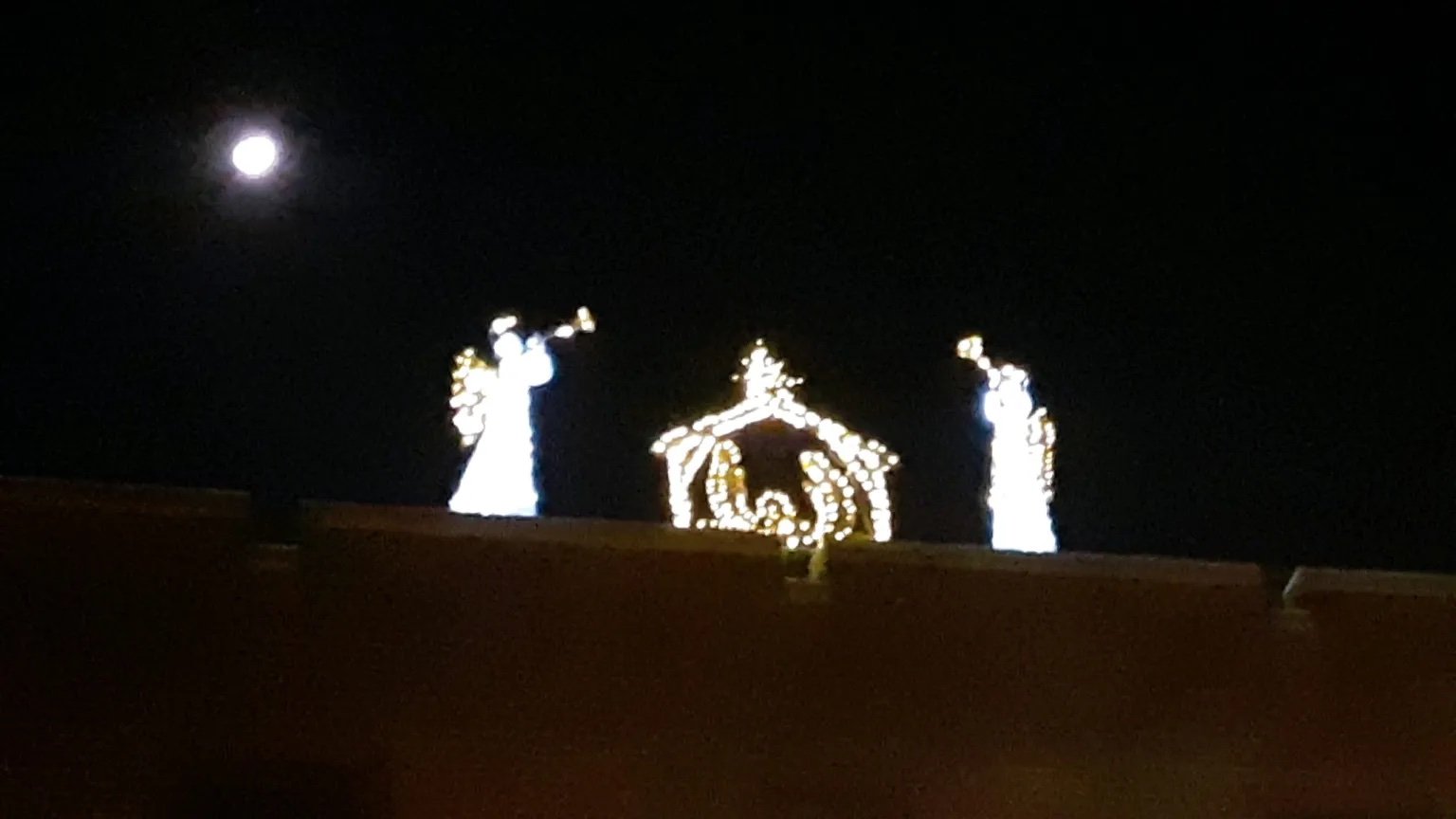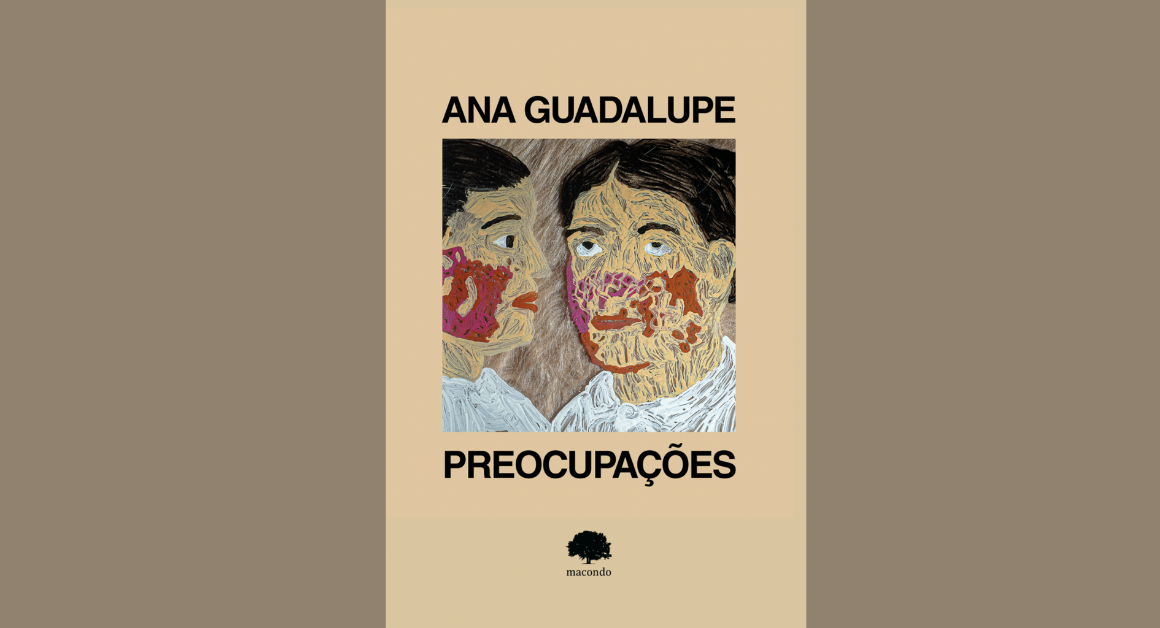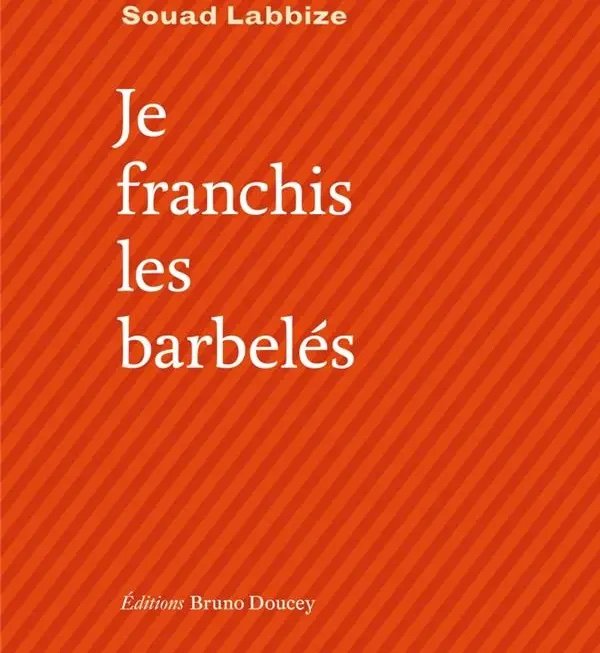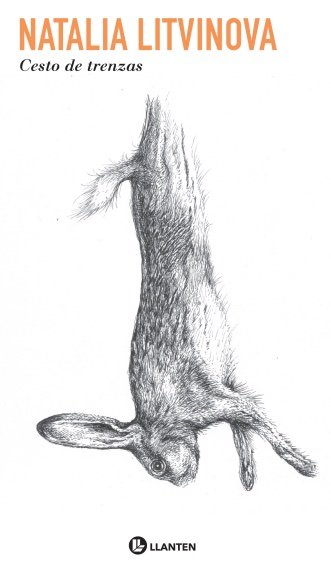60 for 60: tRaffiC WiTH MacBeTh
Macbeth, to my mind, is a play that shouldn’t work but does. It’s quite clear that, politically, it served to flatter James I’s ego in the wake of the Gunpowder Plot. So, we would expect it to be propaganda and nothing more. Yet what we get is an unforgettable work of art, alarming in its intensity; Duncan may rest in peace, but the dagger is still in us when we’ve left the theatre.
60 for 60: Snowtown
January can be a rather miserable month: after the excitement of the new year, one is left with the same old grayness. But a poet finds potential newness in every moment; and I find that, speaking of winter, snow can be an excellent excuse for a poem. Consider Wallace Stevens’s “The Snow Man“: one doesn’t forget a thing like that.
60 for 60: The Floodmeadow
The fifty-ninth issue of Columbia Journal featured a poem by English poet Toby Martinez de las Rivas, and, as it so happens, I was given a copy of Rivas’s book Terror as a present at Christmas. In the interest of superstition, I felt I couldn’t not feature his poem; and, jokes aside, I like “The Floodmeadow.”
60 for 60: At the Gate in the Middle of My Life
During the spring/summer of 1983, Columbia Journal published Linda Gregg’s poem “At the Gate in the Middle of My Life” in its eighth issue. An award-winning American poet, Gregg often explored loss, struggle, and nature in her writing. In this poem from our archive, she demonstrates her close inspection of what it means to be at the entrance of one’s midlife or the central period of one’s years.
2021 Spring Contest Runner-Up in Poetry: mama,
knows what it’s like to hold & not
be held mama nancy, who is not my
mama, but is the oldest mama I have
Two Poems by Arthur Rimbaud & Two Poems by Jean-Michel Basquiat
I will, no doubt, tell your story one day:
After all, it is always with us.
A, black, shadows
60 for 60: Recent Black Literature—The Political Dimensions
I recently got around to re-reading Robin Coste Lewis’s genius “Voyage of the Sable Venus.” As a poet interested in erasures and cut-ups, and as a queer Venezuelan immigrant deeply concerned with and invested in the liberation of every marginalized community, I was deeply moved by her project. To use the very language of oppressive art institutions, pamphlets, and works to weave the narrative of Black liberation and conceive of a future for the Black community that was forcibly taken to this country is something I held onto as I looked through Columbia Journal‘s archives, another institution that has regrettably done little in the way of publishing Black voices. I’m honored to work here at a pivotal moment, when the largest strike in the country is taking place on my campus and when the current editorial team at the Journal is making a conscious effort to elevate Black voices.
60 for 60: A Poetic State
I cut onions and squeeze lemons: I behold the spectacle of the world.“A Poetic State” by Czesław Miłosz, translated from Polish to English by the author and Robert Hass, is a wonder to behold. It was published in the eighth issue of Columbia Journal in 1983.
60 for 60: Irish Women Explorers of the Nineteenth Century
Irish poet Eavan Boland passed away on April 27, 2020. She will be remembered for her finely wrought lyric meditations on womanhood, domesticity, and Ireland’s colonial history.
“eyes” and “houses” by Ana Guadalupe, Translated from the Portuguese by Ananda Lima
eyes
as a future blind person
I prefer to engage
with those who also have
blindness ahead of them
60 for 60: HISTORY KEEPS ME AWAKE SOME NIGHTS
In one of my favorite memoirs, Close to the Knives: A Memoir of Disintegration, David Wojnarowicz writes, “To make the private into something public is an action that has terrific repercussions in the preinvented world.” For Wojnarowicz, the “preinvented world” is the regulatory structure we are all born into, one that demands conformity and that is inimical to the expression and desires of people who exist outside its self-justificatory narratives. As a gay man who lived and created at the height of the AIDS epidemic, a moment when the government’s disregard for historically marginalized people became painfully apparent, Wojnarowicz was acutely aware of art’s potential to publicize narratives that the preinvented world wished to remain private. By working in any medium that facilitated his expression—sculpture, painting, writing, spoken word, music, among others—Wojnarowicz transformed every tender creation into an act of resistance, proving that private experience can make terrific noise in a world that insists upon silence.
One Poem by Patrycja Humienik
The internet was my childhood refuge. It's where I practice still. Erase
my browsing history.
60 for 60: The Hernia
In “The Hernia,” published in Columbia Journal’s thirty-second issue, American poet Ross Gay ruminates about the warmth of spring as he awaits surgery for an abdominal hernia.
60 for 60: The Sexual Benefits of Upright Walking
From the Spring of 1997 comes Matthew Brogan’s poem “The Sexual Benefits of Upright Walking” about the body, its functions, and the very substance with which we proceed. Likening the body to a vessel and that vessel to its functions, Brogan’s piece from the twenty-eighth issue of Columbia Journal is about intention, the desire to understand, and the wherewithal to continue forward. Using language to denote the way we progressed throughout history, from tails to four legs to two legs to a straight spine, Brogan masterfully relays the journey we’ve begun and perhaps are still on.
Poetry Excerpts from Bindle of Exile by Souad Labbize
Don’t count on
my small balcony
in this humid weather
60 for 60: Agreement
Published in the thirty-fourth issue of Columbia Journal, “Agreement” by poet Kay Ryan is as deceptive as it is delicious. Ryan’s ease with sound and rhythm lulls the reader into first considering the poem as simple as a piece of candy. Form reflects content, heightening the impact of what is being said; the em dash dramatizes “sugar,” the unusual break on “the” in the fourth line demonstrates a structural melting, and “granular” evolving into “syrup” in the same line embodies the physical transformation. The ultimate line, set alone as it is, comes as a shock. While flat-toned and truthful, it functions as a wry accusation that opens multiple lines of inquiry. Does agreement seduce? Is agreement a concession, or could it be a moral choice? If “many prefer it,” what is implied about those who don’t? Given the time of the poem’s publishing in 2001, I can’t help but wonder if the political atmosphere following the 9/11 attacks influenced Ryan’s writing. Regardless, these eight distilled lines remain provocative.
One Poem by Gala Mukomolova
Why do immigrants love America
so much? Tennessee asks, who
took his name from his homeland.
Excerpts from Pedro Carmona-Alvarez’s Inventarium
There was the sea, we had finally arrived
at its beach covered in rushes, so much wind
where we stood, we watched a sea eagle
60 for 60: The Poet’s Task
I love Alfred Corn’s translation of Pablo Neruda’s “The Poet’s Task” from Spanish to English, which was published in the twelfth issue of Columbia Journal in 1987.
5 Poems from Basket of Braids by Natalia Litvinova
with a man
on the other side of the forest
is to live out the mystery,

















































